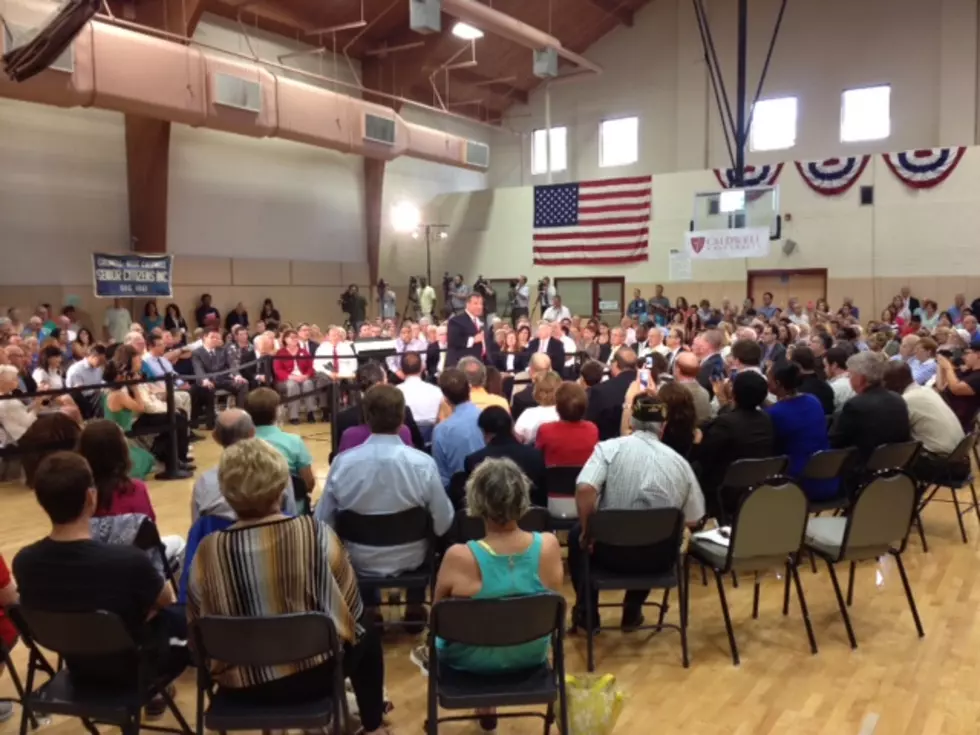
Can NJ property taxes be lowered?
Do you think it's really possible for property taxes to go down in New Jersey? Many state residents do not, but Gov. Chris Christie thinks it could happen if some bold steps are taken.
During his latest town hall meeting in Caldwell, the governor said in order to hold the line on taxes and eventually start reducing them, it's important to maintain the state's 2 percent property tax cap.
Christie said every year for the past three years, "property taxes have increased across the state an average of 1.6 percent. This is the lowest increase we've had in New Jersey in over a quarter-century. We took a train that was going about 100 miles an hour and slowed it down to about 20 miles an hour."
The governor also pointed out the arbitration cap that holds public worker raises to 2 percent has also been renewed, another important factor in helping to rein in costs.
"What we need to do now is to force, across the state, municipalities to share more services and to consolidate," Christie said when discussing the state's approach going forward.
He said right now in the Garden State there are 566 towns, and most people feel consolidation is a good idea -- as long as it isn't their town.
"Initially, when I ran for governor in 2009, I said, 'You know, we need to work with towns, because I don't want to mandate this stuff because we should all be able to reason together,'" Christie said. "You know what I've concluded? We can't reason together."
I've worked with the Senate President on this, and he and I agree that we should be mandating shared services at a minimum, and giving real encouragement for consolidation. We haven't been able to get it through the Assembly."
He said another important way to save money is to continue to be vigilant about the number of public employees we have -- and that doesn't mean layoffs.
"People leave every year; they retire, they move, they go to other places," Christie said.
"Don't replace them. By attrition alone, we've reduced the payroll by 6,000 employees. We need to be doing that at the municipal and county level as well, because the biggest expense government has is people. If we want to offer people the right benefits, having fewer of them will help to keep our costs reasonable."
More From New Jersey 101.5 FM









